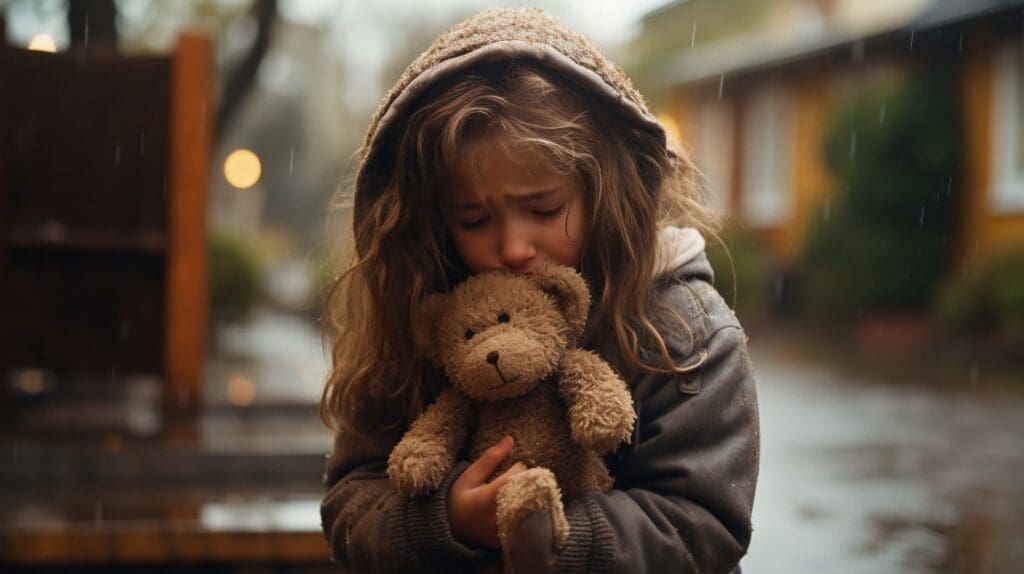In the words of Nelson Mandela, “Education is the most powerful weapon which you can use to change the world.” As climate change emerges as a critical global challenge, educators are grappling with how to effectively convey its complexity and urgency to diverse audiences. In their collaborative effort, education experts Radhika Iyengar and Cassie Xu explore the intricacies of climate change education in their book, Climate Change Education, shedding light on the best practices for engaging people of all ages. This article delves into their insights, addressing the multidimensional nature of climate change education and the challenges and opportunities it presents.
The Multidimensional Nature of Climate Change Education
Iyengar and Xu emphasize that climate change is multidimensional and transdisciplinary, requiring a systems-based approach. Unlike traditional subjects, climate change encompasses aspects of history, policy, biology, geochemistry, and economics. Understanding how cities are built, developing effective policies, and including diverse voices are integral to comprehending the complexity of climate change.
Beyond the Classroom
The scope of education, according to Iyengar and Xu, extends beyond the traditional classroom setting. They advocate for learning in informal settings and communities, acknowledging the role of nonprofits as global exemplars. They argue that learning is a lifelong process, emphasizing the need for flexibility, creativity, and strategic approaches to instill a sense of continuous learning in individuals irrespective of their location.
Challenges and Limits of Climate Change Education
Formal education faces challenges such as slow processes, curricular constraints, and the influence of political agendas. Misinformation and deeply rooted political attitudes pose additional hurdles. However, the authors acknowledge progress in many countries, particularly driven by the activism of the younger generation. Young voices demanding urgency in climate education hold educators accountable and challenge them to address the systemic issues across subjects both inside and outside the classroom.
Evolving Knowledge and Lifelong Learning
The dynamic nature of climate change knowledge presents both challenges and opportunities. While formal education systems might struggle to keep pace, the authors view the evolving knowledge landscape as an opportunity for meaningful conversations. They encourage educators to use their primer as a foundation for ongoing discussions, allowing them to adapt to real-time information and enhance their teaching efforts continually.
Beyond Science: A Systems Thinking Approach
Climate education should not be confined solely to science. Iyengar and Xu advocate for a systems thinking view, recognizing that climate change impacts not only the environment but humanity as a whole. Discussions should extend to encompass topics such as migration, displacement, and both climatic and human-made disasters. This global challenge with local implications demands a holistic and inclusive educational approach.
Conclusion
As the world grapples with the far-reaching consequences of climate change, education emerges as a powerful tool for instigating change. Iyengar and Xu’s insights emphasize the need for a holistic, multidimensional, and lifelong approach to climate change education. By fostering a sense of urgency and accountability, educators can contribute to creating a climate-literate world that is prepared to address the challenges of today and the uncertainties of tomorrow.
This story is republished courtesy of Earth Institute, Columbia University
Featured image credit: Freepik




